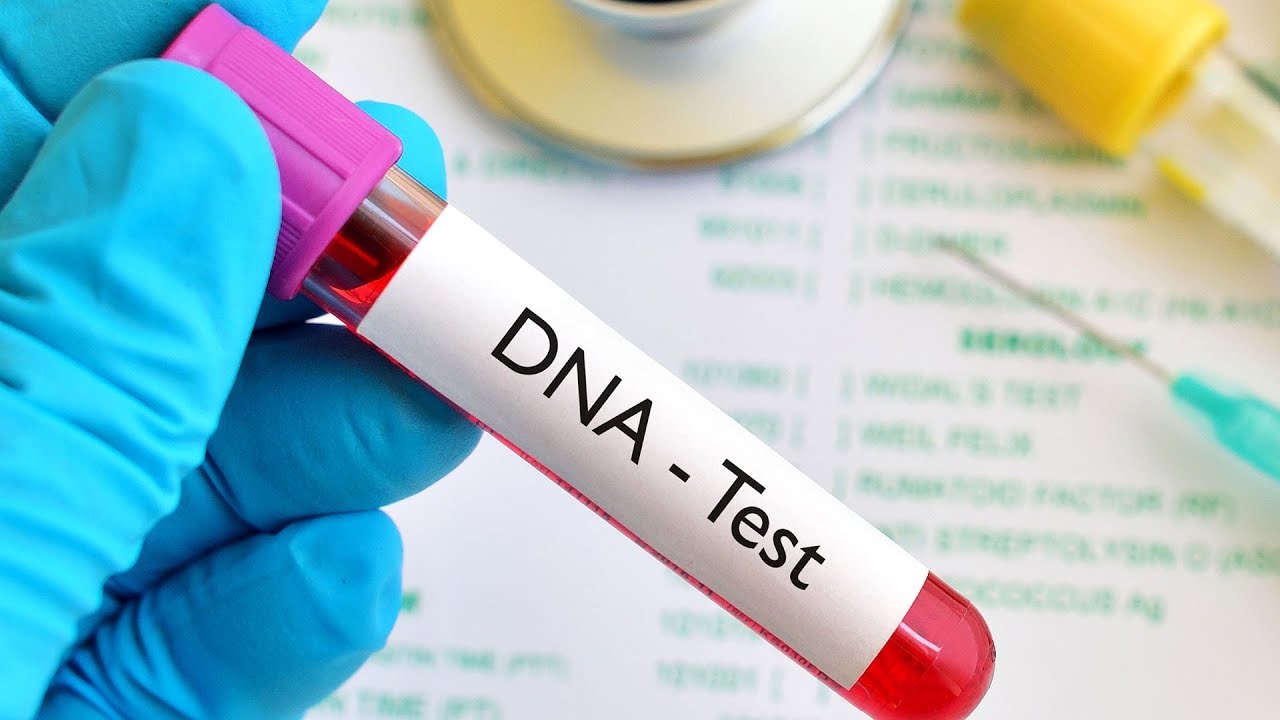Smart DNA, a leading DNA testing center based in Lagos, Nigeria, has released a comprehensive data analysis of all relationship DNA tests conducted at its facility between July 1, 2022, and June 30, 2023.
Notable in the report is that 73.88 per cent of men who did relationship testing to verify the paternity of children came out positive as their biological fathers.
Negative results were 26.12 per cent of those who were tested, the analysis released on Tuesday said.
What this means is that paternity fraud is only recorded in approximately one out of every four cases tested.
DNA is Deoxyribonucleic acid; it is the material that carries genetic information for the development and functioning of an organism. A DNA test (genetic testing) is a medical test that can identify mutations in one’s genes, chromosomes or proteins. These tests provide information about an individual’s ancestral roots.
A DNA relationship test is the use of genetic profiles to determine whether an individual is the biological parent of another individual.
The Smart DNA report, based on thousands of users, provides an unprecedented insight into the DNA testing trends across Nigeria.
The analysis also showed startling findings about the reasons people seek testing, the demographics of those tested, and the outcomes of the tests.
On geographical spread, the report showed that Lagos accounted for the highest percentage of tests, with 82.89 per cent of the total.
This is followed by Oyo (3.29 per cent), Ogun (3.07 per cent) and FCT (2.63 per cent and Rivers (2.41 per cent).
“This heavy concentration in Lagos, particularly the Mainland (68.14 percent) compared to the Island (31.86 per cent), is likely due to the location of Smart DNA’s office in Lagos.
“Also likely due to the purchasing power of the state’s residents, and the high population density of the state,’’ it said.
The report showed that the majority of tests (89.10 per cent) were conducted for ‘Peace of Mind’, followed by ‘Immigration’ (8.97 per cent), and ‘Legal’ (0.64 per cent).
“ This suggests that individuals primarily seek DNA testing to confirm biological relationships for personal reasons rather than legal or immigration purposes.’’
It showed that men were the predominant initiators of contact, making up 86.44 per cent of the first contacts, compared to 13.56 per cent made by women.
“This indicates that men are more likely to have doubts about paternity or other relationships and take the initiative to seek testing,’’ it said.
“Positive results indicating that the man tested is the biological father of the child, accounted for 73.88 per cent of tests, while negative results made up 26.12 per cent.
“ This suggests that in the majority of cases, the men seeking testing are indeed the biological fathers, but in more than 1 in 4 cases, the tested father is not the biological father of the child’’.
On Ethnic Group, the Yoruba ethnic group had the highest percentage of tests (61.23 per cent), followed by Igbo (19.07 per cent).
“ Others (12.08 per cent), and Edo (6.78 per cent). This may be reflective of the ethnic distribution in Lagos and the surrounding areas’’.
On the sex of the child, more tests were conducted on male children (56.62 per cent) compared to female children (43.38 per cent).
It said that this may suggest a cultural preference for confirming paternity of male offspring, although further research would be needed to confirm this hypothesis.
Analysing the age range of those tested, it said that most tests were conducted on children aged 0-5 years (58.02 per cent), followed by the 6-12 age group (25.95 per cent).
“This indicates that paternity tests are mostly done on children when they are younger rather than when they get older’.
The Smart DNA findings said that the men who opted for these DNA tests were mostly between the ages of 31-40 years (40 per cent) and 41-50 years (23 per cent).
“ This age group is likely to have young children and may be in a financial position to afford the testing’’.
Officials of Smart DNA said the centre is committed to providing fully accredited DNA testing services to clients in accordance with the highest international standards.
According to them, the report aims to shed light on the current trends in relationship DNA testing in Nigeria, contributing to a better understanding of this important aspect of our society.



Leave a Reply